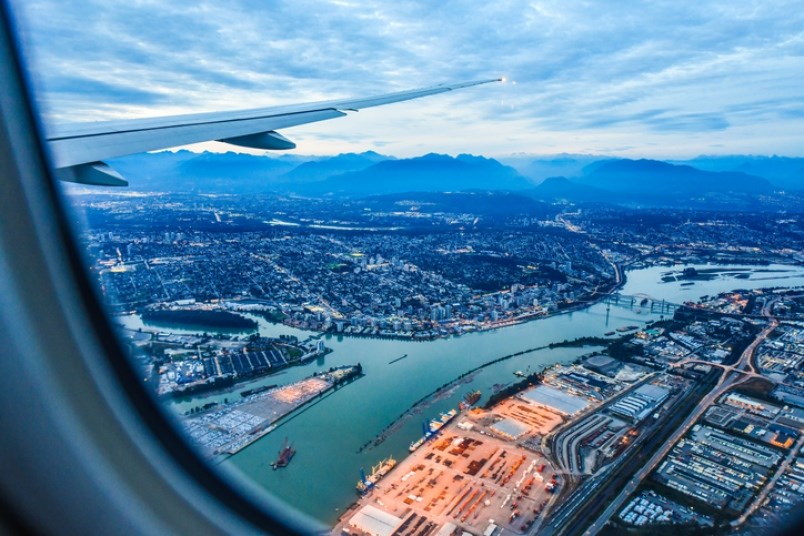Live concerts and sporting events are again a fixture in specific cities.
Parks, gardens and holiday markets are welcoming visitors again, many of them only after proof of vaccination is presented.
Earlier this month, Research Co. and Glacier Media found that large proportions of Canadians and British Columbians for trips, gyms and even to go back to the office. The evident support for the use of these inoculation certificates does not mean that the province’s residents are eager to travel.
Across the province, only 44% of British Columbians say they are planning to take a holiday (that is, spend at least one night away from their current location) in the next three months. This means that a majority (56%) will not contemplate a trip at this particular moment.
British Columbians aged 18 to 34 are more likely to say that they will travel (56%) than their counterparts aged 35 to 54 (45%) and aged 55 and over (34%). Household income also plays a role in these decisions, with almost half of those in the two highest brackets (48% and 49% respectively) saying that they plan to get away from their homes before March.
In spite of high vaccination rates and satisfactory observance of mask mandates, one of the issues that is affecting our behaviour when it comes to travel is our mode of transportation. Fewer than half of British Columbians (46%) say they are willing to take a ferry trip right now, while more than three in 10 say they are comfortable with an airplane flight to another province (36%) or an airplane flight within the province (32%).
All other forms of travel have a decidedly low level of acceptance at this stage. About one in four British Columbians are willing to take a trip by car to the United States (27%) or a bus trip shorter than three hours (25%). Fewer would consider a railway trip (23%), an airplane fight to a different continent (22%), an airplane flight to the United States (21%), a bus trip longer than three hours (16%) or a trip on a cruise ship (11%).
Once again, the province’s youngest residents are more likely to say that they are ready to travel than their older counterparts. Willingness to take several different trips is significantly higher among British Columbians aged 18 to 34, particularly for airplane flights within the province (37%) or to another one (44%).
While there may be British Columbians who usually feel dejected and upset at the thought of travel during the holiday season, the level of trepidation on issues related to the pandemic is certainly noticeable. More than four in five of the province’s residents (83%) are “very concerned” or “moderately concerned” about travellers not following COVID-19 protocols, and at least three in four are also worried about facing delays due to COVID-19 restrictions (78%), losing money due to cancellations (77%) and getting infected with COVID-19 during a trip (75%).
The pandemic poses unique challenges for British Columbians who have a child under the age of 12 at home. These residents of the province are more likely to say that they are planning to travel during the holiday break (48%) than those without young children in the household (43%). However, parents and guardians of young kids are significantly more worried than their childless counterparts about encountering oblivious travellers (85%) and becoming infected with the virus during a trip (79%).
The tourism industry stands to benefit from the re-opening of the border crossings into the United States. The Canadian federal government has, at last, removed the requirement of a negative COVID-19 polymerase chain reaction (PCR) test for fully vaccinated Canadians who return home after a 72-hour international trip. Even with this welcome change, the pandemic is still making British Columbians more cautious about what to do and where to go.
The survey’s findings outline the anxiety of British Columbians, even at a time when most of us think that . The province’s families are aching for the opportunity to visit parents and grandparents in areas that are not adjacent to their municipality, and many will do so with heightened concerns. The rollout of COVID-19 vaccines for children cannot come soon enough for these residents.
Mario Canseco is president of Research Co.
Results are based on an online study conducted from November 15 to November 17, 2021, among 800 adults in British Columbia. The data has been statistically weighted according to Canadian census figures for age, gender and region in Canada. The margin of error, which measures sample variability, is plus or minus 3.5 percentage points, 19 times out of 20.






